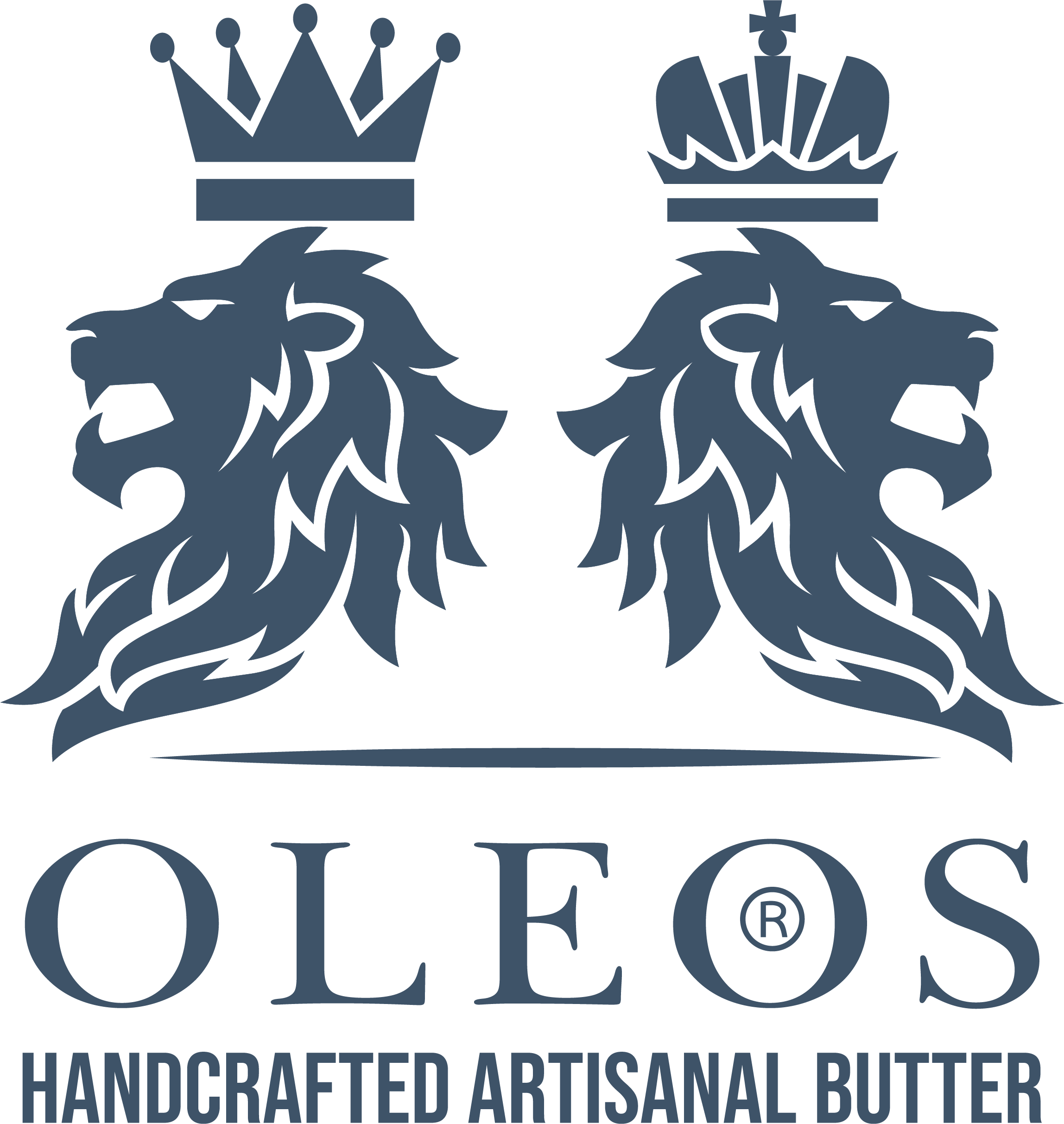Benefits of Consuming Butter
I
f you like butter, then you have come to the right place! And if butter hasn’t yet found a place in your heart or belly, Oleos is here to convince you why!
Most people think of butter as nothing more than a spread or even as solidified fats, while some shirk away from it completely never realising what benefits butter provides us with. The single, most overly used statement to challenge the negative effects of butter is that it contains saturated fats and that it is the main culprit in clogging arteries, however this has since been debunked by a recent review in 2019. Where it was noted that a particular type of fats did increase the risk of heart disease, you guessed it! Trans-fat was indeed responsible for that.
The next challenge would have to be in the number of calories butter has, which is why olive oil is often touted as an alternative, and yet olive oil has more calories per serving than butter has for that same serving. With all the above out of the way, let us move on proper.
With all the above out of the way, let us move on proper.

Delicious breakfast with fresh croissants and coffee served with butter
You may or may not already know that certain vitamins can only be absorbed through fat or fat-soluble. Therefore, we need to consume fat in order absorb them – and what better way to get these vitamins (A, D, K and E) than through eating butter?ii
Studies were conducted by Dr. Weston A. Price, to prove the effects of butter on various societies. He concluded that in the absence of fat-soluble vitamins, our bodies could not utilise the minerals we ingested, regardless of how often we are consuming them. An even bolder conclusion by Dr Price was that fat-soluble vitamins are required for water-soluble vitamins to be absorbed.iii
Consuming butter helps prevent tooth decay, this is usually unheard of. However, Dr Price found a compound in butter back in the 1940s, known as “Activator X” that played a vital role in preventing tooth decay, and maintaining bone structure and strength. Fast forward 60 years later, and Russian scientists discovered that the compound was in fact – Vitamin K2.
Even though our body can make Vitamin K2 from K1 derived from spinach and kale, it is precisely because of the small proportion – 10: 1 ratio that makes it more logical and sensible to simply eat butter.
In addition to tooth decay and bone loss, K2 is currently being researched for the potential in reversing the effects of arterial calcificationiv, prevention of prostate cancerv and treatment for leukemia and lung cancervi.
Let us move on to the health of our immune system, a portion of fatty acids within butter are short and medium chained. These types of saturated fat consist of antimicrobial, anti-tumour and immune strengthening properties.
Lauric acid which is not found in any other animal fat, has been noted to be successful used in treating a variety of viruses, bacterial and fungal infections. So much so that researchers in The Philippines have begun studying and investigating the effects of lauric acid against HIV/AIDS owing to its unique and peculiar antiviral strength.vii
Gastrointestinal health is next on our list, and when the word “gastrointestinal” pops up – it is almost synonymous with “probiotics”. However, butter has that ability to promote better health in our gut due to “glycosphingolipids” which is a type of fat that protects against gastrointestinal infections.
Reports shown that children who drank skimmed milk suffered diarrhoea at rates of 3 to 5 times higher compared to children who drank whole milk.viii
Lastly, managing weight through butter is something most people would not buy. Contrary to popular beliefs, butter has fatty acids which does not require the extra steps of being broken down by our gut which results in the direct absorption from the small intestine into the liver and converted into quick energy, conversely it is the long chained fatty acids that are found in polyunsaturated oils and refined carbohydrates that end up as stored fat.
Aside to that, butter also contains iodine which is very easily absorbed and since our bodies no longer create our own iodine, it has to be consumed through our diet. Iodine is vital in order for our thyroid gland to function seamlessly, after all, this gland produces hormones that regulate our metabolism.ix
But it’s only a legend that it is harmful to health. In fact, it is an excellent source of dietary fat, vitamin, and minerals that are vital for normal functioning and development of the body. Also, it help promote weight loss.
It is generally used as a spread on plain or toasted bread products and a condiment on cooked vegetables, as well as in cooking, such as baking, sauce making, and pan frying. Butter consists of butterfat, milk proteins and water.
Butter is one of those foods that can turn bland meals into masterpieces. So there you have it, butter is a natural product and your body will self-regulate its consumption, it tastes great and is good for you!


